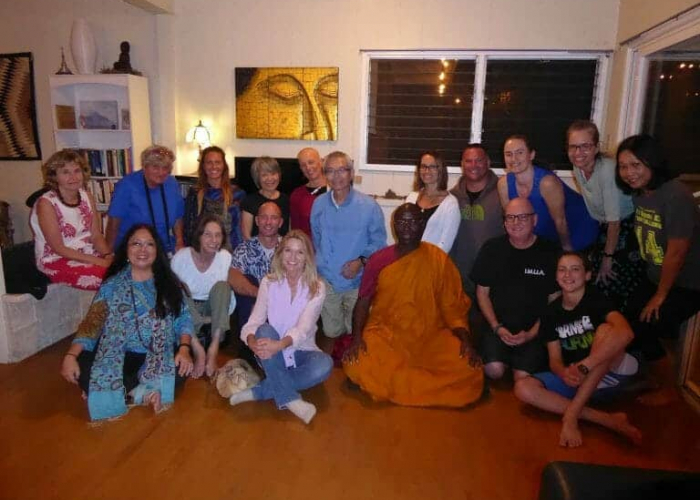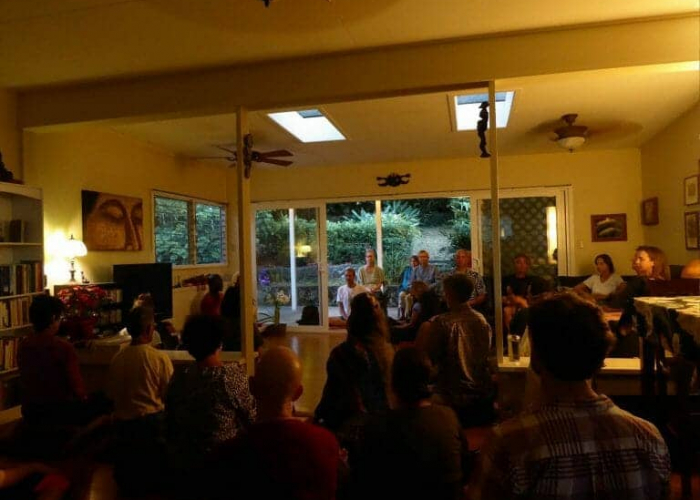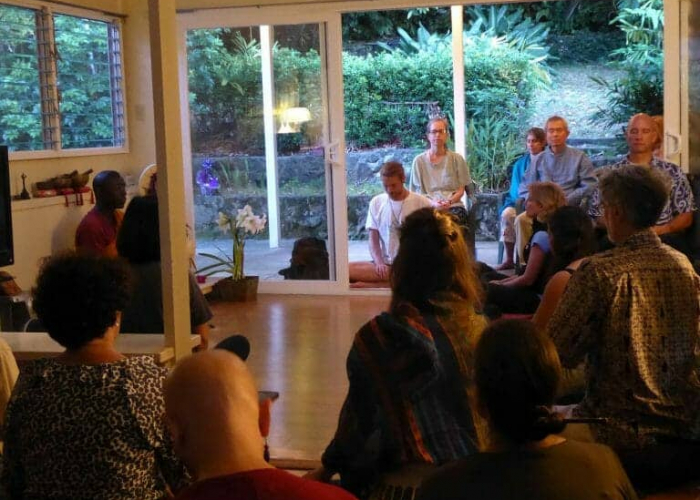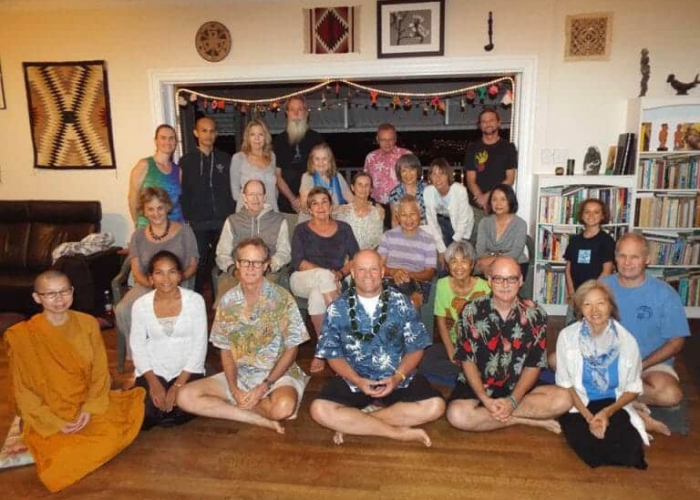The world today desperately needs a path of practical wisdom.
To lead more fulfilling lives, we need to find deeper meaning and ease, what the ancient Greeks called eudaimonia.
This website offers personal insights into the early Buddhist teachings as a source of practical wisdom and ease so needed in these crazy times.


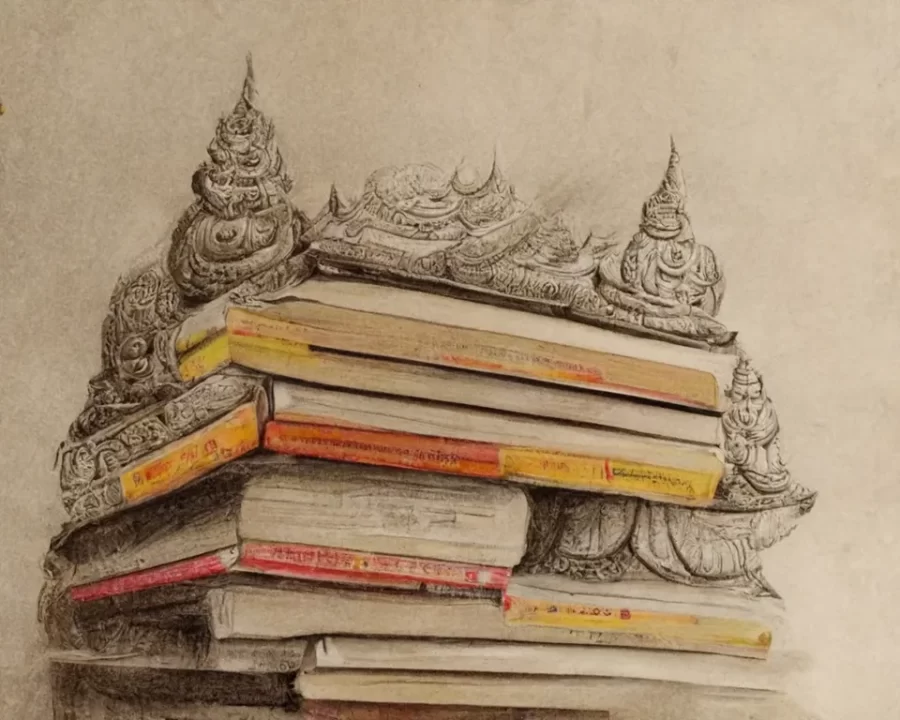

… and if you just happen to live in Honolulu, our weekly meetings are an ideal way to introduce a friend to Buddhist meditation. And if you live elsewhere, there’s plenty of things here to check out.
“Our hope is that meditation is going to change the society that we live in, just as it has changed us.”
Richard Rohr, OFM, American Franciscan priest
Enter your best email below and we'll send you our weekly support newsletter to help keep you moving forward on this journey of a lifetime. You can easily unsubscribe anytime.


